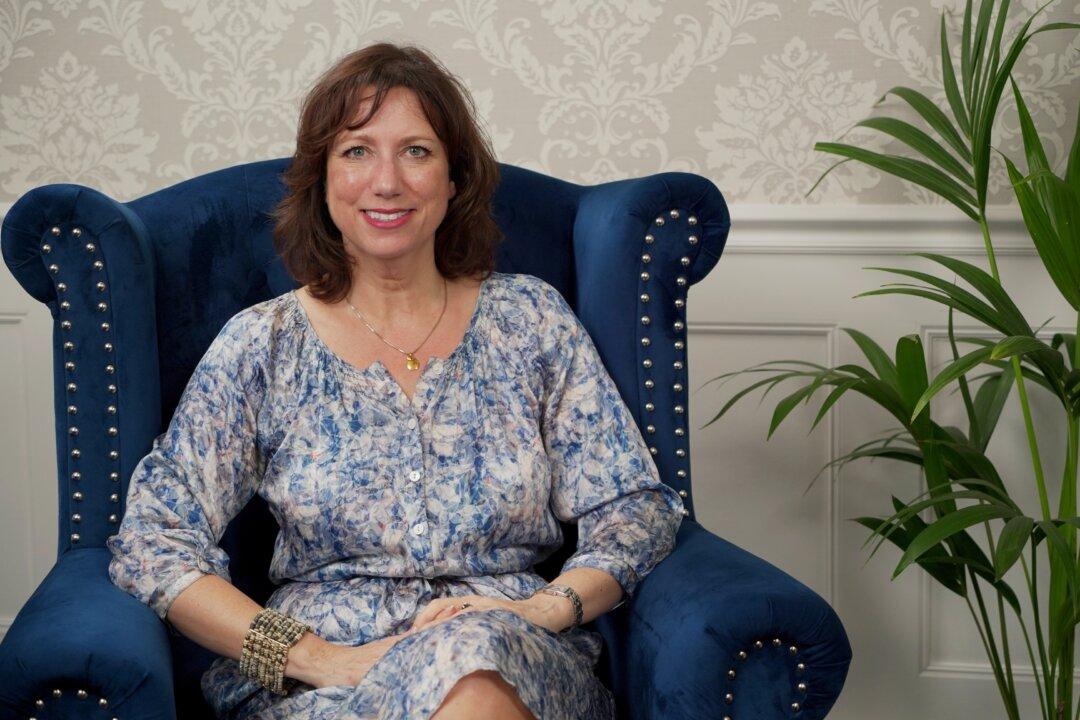A critical social justice “revolution” in schools is undermining British common values, says writer and campaigner Jo-Anne Nadler.
Speaking to NTD’s “British Thought Leaders” programme about a report she authored on critical social justice in British schooling, Nadler said by “[bending] over backwards to encourage inclusivity, schools will end up “setting different groups against each other.”





